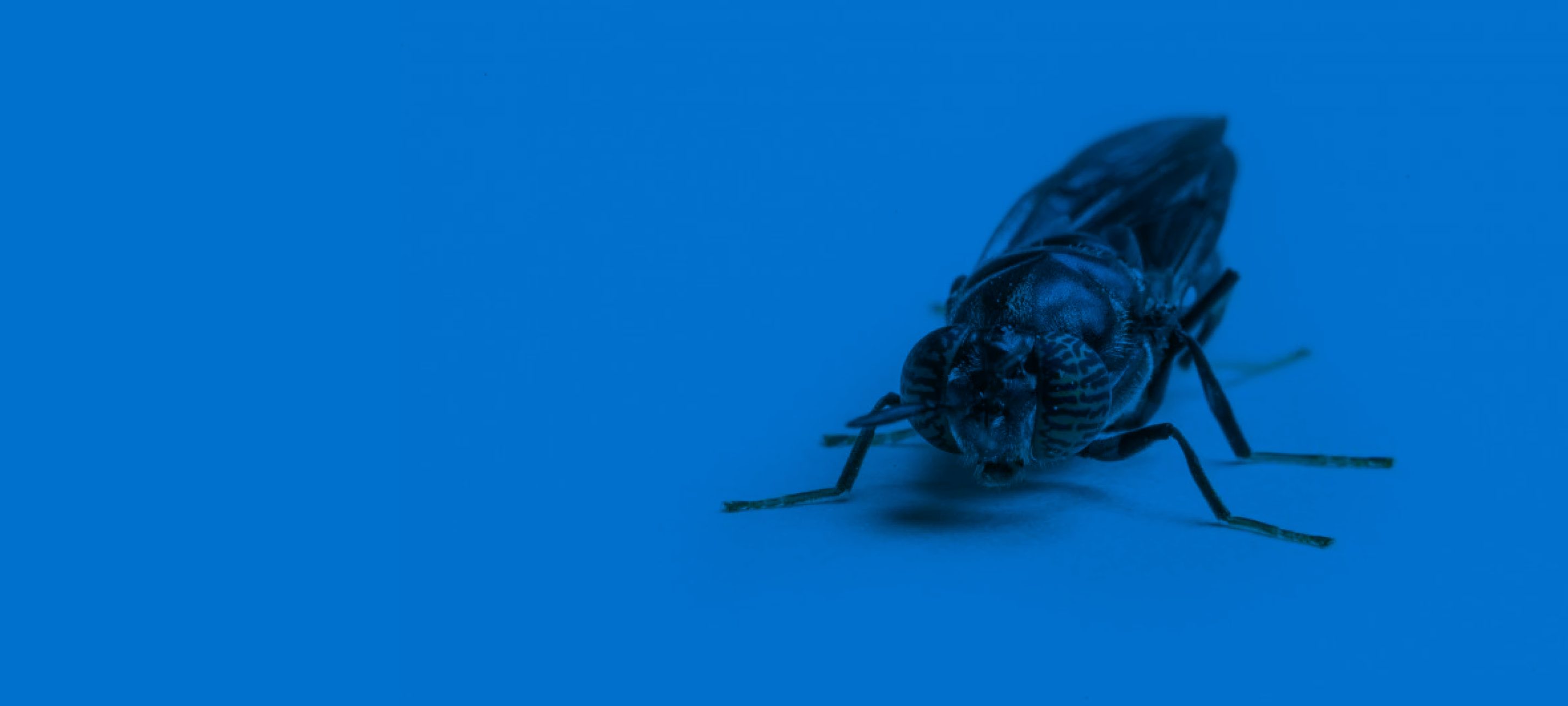
Black soldier Fly – Future food
The future of food and feed
Insect farming is gaining recognition as a more sustainable way to produce animal proteins compared to traditional livestock farming. It is particularly notable for its lower environmental impact. The Black Soldier Fly is the most farmed insect globally, celebrated for its ability to efficiently convert organic waste into high-quality protein. This insect can complete its lifecycle from egg to larva to pupa in just six days under the right conditions, making it an ideal choice for large-scale production of protein-rich feeds.
Sustainable Food Solutions for the Growing Global Population
The global population is expected to reach between 9 and 10 billion by the year 2050. This increase will lead to a higher demand for both animal and plant proteins, driven by the growing number of people and rising wealth levels worldwide. Proteins are essential nutrients needed by both humans and animals, highlighting the necessity for sustainable methods of food production.
Traditional methods of producing food are not viable for the long-term needs of our planet. It’s critical to find sustainable ways to ensure future food security. Around the world, innovative approaches are being developed to guarantee a continuous, sustainable food supply. Among these, insect farming stands out as a promising solution that offers an environmentally friendly and cost-effective way to produce high-quality nutrients, including proteins and fats.

Insects as a Sustainable Food Source
Insect farming is gaining recognition as a more sustainable way to produce animal proteins compared to traditional livestock farming. It is particularly notable for its lower environmental impact. The Black Soldier Fly is the most farmed insect globally, celebrated for its ability to efficiently convert organic waste into high-quality protein. This insect can complete its lifecycle from egg to larva to pupa in just six days under the right conditions, making it an ideal choice for large-scale production of protein-rich feeds.
This approach not only offers a solution to the pressing need for sustainable food production but also aligns with global efforts to reduce environmental impact. As we strive towards more sustainable food sources, insect farming emerges as a key strategy in addressing the nutritional demands of a rapidly expanding global population, ensuring a greener future for food production.
